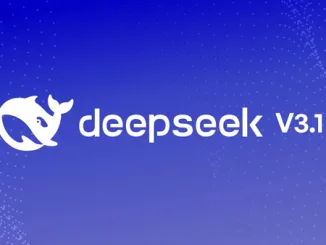
Salesforce today introduced new Sales Cloud tools meant to empower clients with AI-powered analytics and self-service choices ahead of its Dreamforce convention. Slack’s connectivity with Salesforce’s Customer 360 platform has been tightened, while Salesforce and Amazon have expanded their relationship to develop connectors and no-code applications.
In today’s pandemic situation, sustaining growth is difficult. Many sales teams are closing deals remotely as in-person meetings migrate to digital channels, according to Bill Patterson, GM of Salesforce’s customer relationship management tools. According to a recent ZoomInfo survey, 41% of sales professionals will quit using events for prospecting in 2020, while 19% will use video chats for the first time. According to Patterson, Salesforce is at the vanguard of changing sales playbooks to match the expectations of clients in the digital-first, work-from-anywhere environment. Sales Cloud’s continuous innovation has kept it at the top of its industry for more than a decade, enabling sales teams to succeed in every selling environment.
Revenue Intelligence, a new Sales Cloud service that integrates Sales Cloud, Einstein, and Tableau capabilities to analyse a company’s health, was revealed today. Einstein Deal Insights offers AI-powered predictions such as whether a deal will close or push, as well as sales-closing KPIs like as attainment, win rate, and quarterly progress across client engagements. Meanwhile, Tableau-powered prebuilt analytics reveal gaps in targets and provide recommendations to improve prediction accuracy, as well as best practises from top-performing sales people and deals.
On the sales enablement side, Salesforce’s Trailhead platform now uses Einstein to display coachable moments related to pipeline and deal analytics, enabling personalised learning journeys. Sales Cloud can now better measure the impact of enablement activities on metrics like lead-to-opportunity conversion rate, sales cycle time reduction, increased close rates, and more, while also facilitating subscription management and providing companies with customer flows built on Salesforce Customer 360.
The improved Sales Cloud platform can also handle revenue actions and access analytics for insights into a recurring business, as well as interface with ecommerce, in-app, and other self-service touchpoints. It now allows organisations to prioritise collection operations using Einstein by anticipating the probability of late or non-payments and recommending the next best measure to achieve consistent revenue streams.
As sales organisations shift from relying on intuition to hard facts, Salesforce noted in a blog post that providing sales leaders with insights throughout the entire sales and revenue cycle, from completing transactions to setting projections to building new pipelines, is critical. Smooth sales rep onboarding, training, and development are critical for building engaged teams, maintaining and attracting top personnel, and ultimately closing deals.




